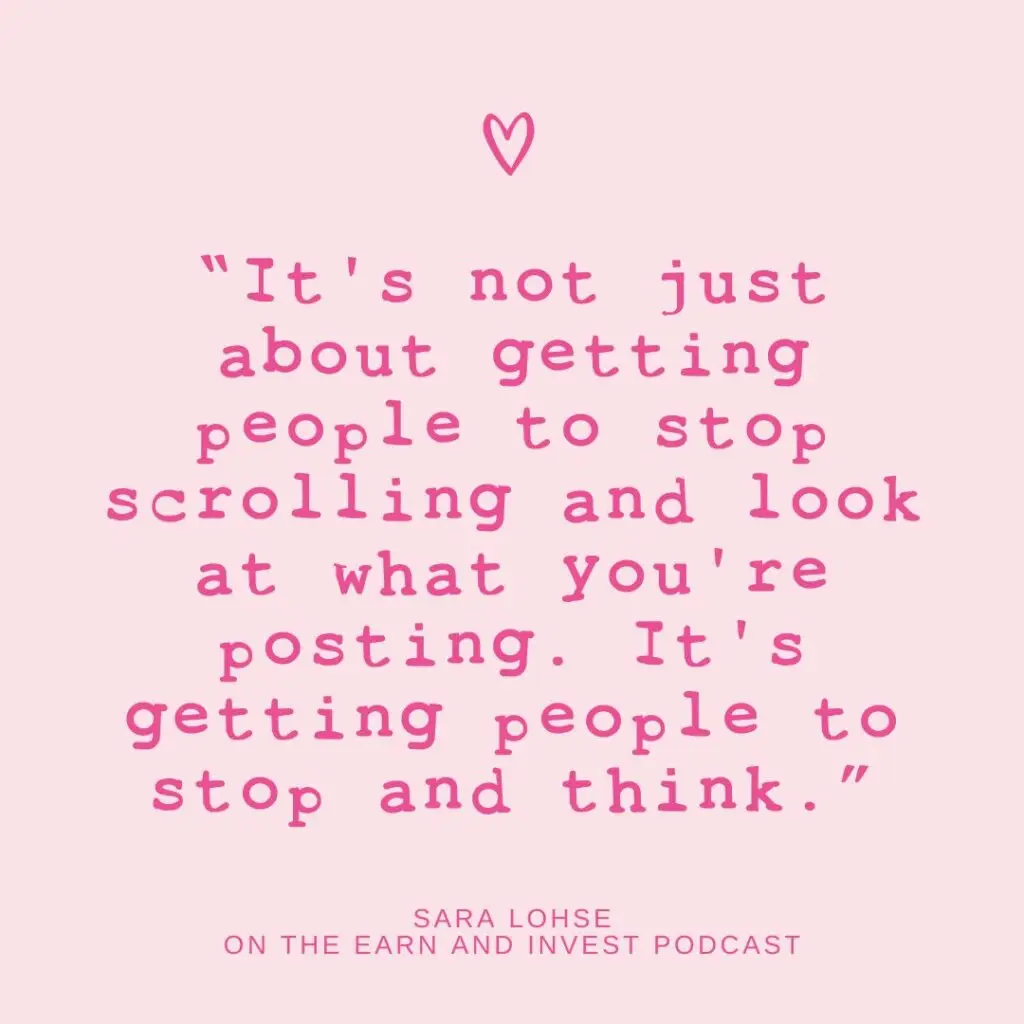Ever been casually reminded you never won a Superbowl? I was.
Recently, Jordan Grumet was gracious enough to have me on his podcast, Earn and Invest. One of the questions he asked actually made me laugh: How do you get past imposter syndrome to become a thought leader?
Just an hour before the recording, I was looking through some of his past episodes and a recent one featured Marques Colston, a former wide receiver for the New Orleans Saints whose jersey I’ve had hanging in my closet since high school.
That’s when I was reminded that we don’t “get past” imposter syndrome. It still hits us every day, each time we find someone new to compare ourselves to. We can’t get rid of it, we can just find new and creative ways to drown it out when we need to.
I may not have a Superbowl ring, but I can still tell a story. I can still share my thoughts and ideas with an audience who may appreciate it. The feedback and awards I have gotten for my book are my Superbowl ring, and that’s enough for now.
Don’t let imposter syndrome win.
I had a great conversation on the show and can’t wait for you to hear it. Here are some key takeaways:
Storytelling Approaches for ADHD Brains:
I introduce methods for effective storytelling that work well for those with ADHD. I prefer the “upfront method” or “James Bond movie method,” starting a story with action or the ending to quickly engage the audience, rather than a traditional chronological approach.
Tailoring Stories to the Audience:
A crucial part of effective storytelling is tailoring the story to the audience’s preferences—whether logical or creatively inclined. I emphasize refining the narrative based on audience reactions and selectively editing out unnecessary details to maintain engagement.
Emotional Connection vs. Data Presentation:
We both highlight the importance of balancing storytelling with data. While data adds credibility, stories evoke emotions and create a memorable context, making the message more impactful and relatable.
Overcoming Imposter Syndrome in Thought Leadership:
Becoming a thought leader involves overcoming the fear of sharing one’s thoughts publicly. I deal with imposter syndrome daily but push through the discomfort and focus on the impact, whether on a large or small scale.
Get the storytelling journal here:

